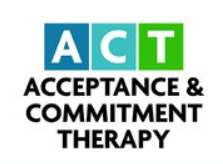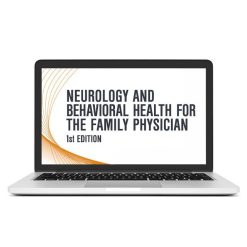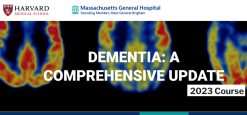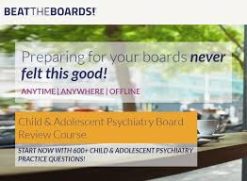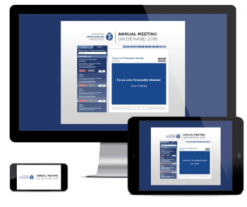2-Day: Intensive ACT Training: Acceptance & Commitment Therapy
$35,00
Samples for Courses Can be found here : Free Samples Here!
2-Day: Intensive ACT Training: Acceptance & Commitment Therapy How often do you review your appointment calendar and start wondering how you’re going to, finally, help a regular client who seems to progress for a while – and then regress?
2-Day: Intensive ACT Training: Acceptance & Commitment Therapy
Looking to improve your therapy approach?
2-Day: Intensive ACT Training: Acceptance & Commitment Therapy How often do you review your appointment calendar and start wondering how you’re going to, finally, help a regular client who seems to progress for a while – and then regress?
Each time he/she arrives, you use the same tools and techniques you’ve used for so long – and mostly successfully – but this one client is testing your skills. Now you can begin to integrate Acceptance and Commitment Therapy (ACT) into your practice – and see improved outcomes.
Researched and developed by world-renowned researcher, speaker and author Steven Hayes, PhD, ACT is fast becoming the treatment approach that gets to the heart of therapeutic relationships.
Watch ACT expert, trainer and co-author with Steven Hayes of ACT in Practice, Daniel J. Moran, Ph.D., BCBA-D, for this training where you will develop highly practical, evidence-based skills, case conceptualization techniques and powerful strategies that will improve outcomes for the following:
- Anxiety Issues
- Post-Traumatic Stress Disorder
- Mood Disorders
- Substance Abuse
- Anger Management
- Eating Disorders
- Trauma
- Personality Disorders
Watch this intensive, engaging, and transformative training and start a new path for healing you can use with your most difficult clients.
Objectives
- Demonstrate effective use of the six core processes of Acceptance and Commitment Therapy (ACT) to help clients advance psychological flexibility.
- Employ clinical techniques for increasing psychological flexibility in clients using ACT.
- Utilize acceptance approaches with avoidance problems to strengthen a client’s willingness to have emotions.
- Apply clinical skills to help client effectively handle automatic cognitions.
- Utilize effective ACT exercises in therapy to aid clients with developing new skills to engage in the present moment and move past struggles.
- Assess and clarify a client’s values in order to develop an effective treatment plan and avoid potential clinical problems.
- Integrate ACT into different therapeutic styles and methods as an approach to managing symptoms.
- Create committed action plans for clients with anxiety disorders to improve level of functioning.
- Use metaphors to undermine language-based avoidance repertoires to improve client engagement.
- Utilize clinical strategies to develop an ACT-based behavior therapy plan as it relates to treatment outcomes.
- Perform emotional, behavioral willingness and exposure techniques with clients to reduce experiential avoidance.
- Apply ACT techniques to the treatment of specific disorders including depression, anxiety, trauma and personality disorders.
Related products
Psychiatry
FAMILY MEDICINE
Psychiatry

